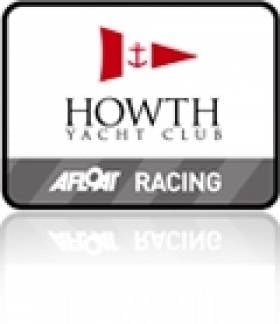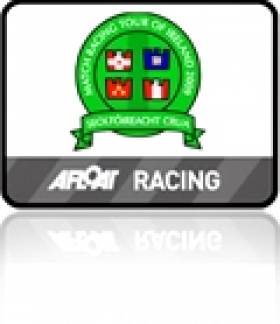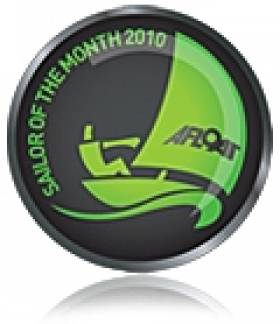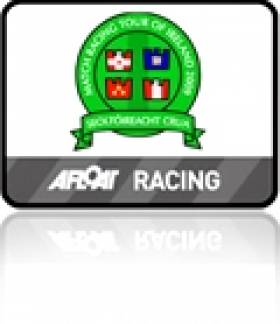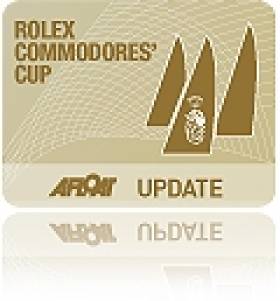Displaying items by tag: Marty O'Leary
#matchracing – After four days of intense and challenging match racing in Howth Yacht Club this week, it was the experienced French teams who emerged as victors for the 2015 ISAF Nation's Cup European Finals in Ireland this week. La Rochelle's Pierre Rhimbault and his team took top position following a final windy day's racing in Howth in an event that also saw Pauline Courtois helm her 'Team France' to victory in the Women's series. An Irish crew skippered by Marty O'Leary were second overall.
Eleven participating nations enjoyed the racing in the mixed conditions that proved the forecasted mix of weather to be every bit as challenging as expected. The event was hosted by Howth Yacht Club and utilised eight J80 keelboats for three days of 'round robin' heats followed by a frenetically busy last day of semi-finals, finals and 3rd-4th place sail-offs. Rhimbault and his French team fought off a brave challenge from Ireland's Marty O'Leary and the UK's Mark Lees, both of whom are familiar visitors to Howth but could find no advantage in any 'local knowledge' against the experienced sailors from La Rochelle.
In the Women's event, Irish hopes rested with teams led by Howth's Diana Kissane and the Royal St George Yacht Club's Mary O'Loughlin but neither could make an impression on the Dutch entry of Klaatje Zuiberbaan (2nd) and eventual winner Pauline Courtois who excelled on the final day in the 25-knot southerly wind that tested boats and crews to the maximum.
At the prizegiving, HYC Commodore Brian Turvey thanked sponsors McPeake Auctioneers, event chairman Richard Kissane and all the competitors for taking part in such a lively continental championships and reminded the sailors that both Rhimbault and O'Leary as well as Courtois and Zuiberbaan now qualify for the intercontinental and World Finals in Vladivostok in July.The event chairman paid tribute to the work of the race management team under IRO David Lovegrove and the international jury led by Thibaut Gridel, also thanking ISA Sailfleet's Michael O'Connor and HYC's Kieran Jameson for the provision of their excellently maintained J80s.
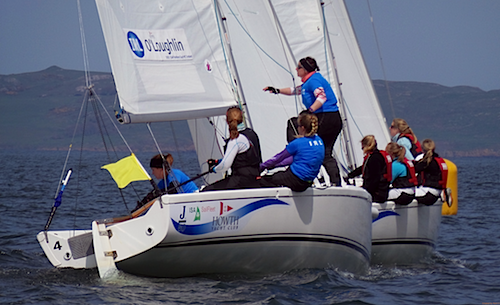
Final standings provisional
ISAF Nation's Cup 2015 European Final Results
(Provisional)
10th May
Open Division:
1st FRA Rhimbault
2nd IRL O'Leary
3rd EST Sepp
4th GBR Lees
5th POL Wosinski
6th AUT Trippolt
7th FRA Follin
8th FIN Luhta
9th NED Korpershoek
10th NED Chu
11th SUI Mettraux
12th GER Maier-Ring
13th NOR Frissk
Womens:
1st FRA Courtois
2nd NED Zuiderbhaan
3rd SUI Bezel
4th IRL Kissane
5th IRL O'Loughlin
6th SWE Hager
#matchrace – Thirteen teams from eleven nations will compete in the Open series at Howth Yacht Club this week with Ireland represented by experienced match-racer Marty O'Leary and his team - no strangers to Howth waters, having competed here in the Irish Match Racing Championships back in December.
Overseen by the 11 competing European nations, the 2015 ISAF Nation's Cup European Finals in conjunction with McPeake Auctioneers was officially opened by Fingal Mayor Mags Murray in Howth on Wednesday evening. The Mayor wished for fair winds for the sailors and encouraged all involved in this major match-racing championships to enjoy Howth, describing it as 'the jewel of Fingal' with its spectacular coastline and warm and inviting local hospitality.
The Women's championships will be a very competitive event with 5 countries taking part including two Irish teams led by 'youthful veterans' Diana Kissane and Mary O'Loughlin. The Nation's Cup will be a family affair for the Kissanes, as Diana's father Richard (Rear Commodore of HYC) is also chairman of this event.
The umpire and judging team is drawn from five different countries, headed up by French 'Chief Umpire' Thibaut Gridel and also including Kinsale and ISA Sailfleet's own Michael O'Connor. The championships will be sailed in the eight J80s and racing will be managed by Howth Past Commodore, International Race Officer and ISA President David Lovegrove.
John Sheehy is October's Sailor of the Month
John Sheehy of Dun Laoghaire is the latest Afloat.ie/Irish Independent "Sailor of the Month" after his convincing recovery to retain his title as National Match Racing Champion in Kinsale on October 24th.
Recovery and retention became the theme of a hotly-fought series, as Sheehy had seemed to be off form on the opening day, far from overnight leader, in the doldrums way back in fourth. Things were still rocky on the second day as they battled on all fronts to stay in contention after taking a beating from Ben Duncan of Howth, who seemed on track to be the new champion.
But Sheehy and his crew sailed off on their own for a brief onboard motivation session. He had a crew of all the talents in Darragh O'Connor, Paddy Kirwan and Marty O'Leary and they returned to the fray fired up on all cylinders to go into the final series with eight wins, while Duncan had nine.
However, by this stage there was no stopping the John Sheehy onslaught. He clinched two more excellent starts and retained the lead despite ferocious pressure in both matches from Ben Duncan, who was clear second overall, while Sam Hunt was third, narrowly ahead of Prof O'Connell.
Match Racing Tour Title Up for Grabs in Kinsale
With Team Lazarus already having used their allocation of 7 sailors for the year and Andrew Fowler prioritizing preparation and qualification for the World Team Racing Championships, to be held in Shull next year, the door is open for John Sheehy and the Royal St George Yacht Club team to sneak through and take the Match Racing Tour title for a second year. A 5th place would leave the teams tied and with the last showdown between the two going to Lazarus the St George team -- rebadged Jodapama Racing for the nationals – need a 4th or better for Marty O'Leary to make it three in a row (Marty also crewed for Nicholas O'Leary in his 2008 championship win).
Shull team racing connections extend beyond the Lazarus absence.Darragh O'Connor is back on the main sheet with Jodapama, Billy Clarke takes to the bow for Casesy Elmes Racing and the boss man him self David Harty lines out for North Sails Ireland. Both Darragh and Billy where on the University of Limerick team that won and finished top Irish team at the IUSA team racing championships in 2009 and 2010. David should be an able stand in for John Downeys as the tours most vociferous questioner of umpiring decisions.
With the championships in Kinsale it's only right that there is a heavy KYC connection for many of the teams. Another graduate from the college ranks, UCD this time, Aiden McLaverty skippers Team ASM-Marine. Exile Same Hunt benefits from the contentious switch of Richie Murphy from Mad Match Racing. Together with Paddy Blaney and Peter Bayly to two make up a Gladiators team that looks extremely strong on paper. Last but not least George Kingston, John Curtan, Ben Scallan and Simon Rattigan take on the mantle of local heros.
5 point on the Tour and just 20 on ISAF ranking separate the final 2 teams. For North Sails Ireland Prof (who's brother Aiden makes up the final element of the Casey Elmes team) and Harty are joined by Barry and Teddy Byrne. Mad Match Racing field an all Howth Yacht Club line-up of Ben Duncan, Ric Morris, Joe Turner and Emmet Ryan.
The first round robin kicks off at 10am on Saturday under the able guidance of Alan Crosbie and chief umpire Mike O'Connor. With fresh weather forecast racing in the outer harbor should be hectic to say the least.
Racing during the day can be followed via the live feed on the matchracing.ie web site with coverage brought to you by Andy Deakin and Cube Images Brian Carlin.
Commodores Cup: Send YOUR Good Luck Wishes HERE!
MANY OF YOU SENT GOOD LUCK WISHES AND NOW YOU CAN SAY WELL DONE TOO! SCROLL DOWN THE PAGE TO LEAVE YOUR CONGRATULATION MESSAGE!
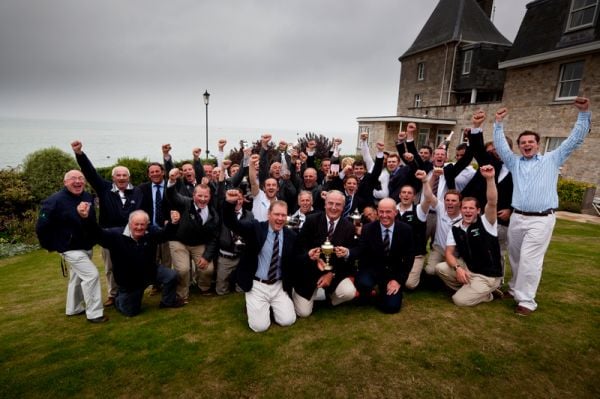
The ICRA Team Celebrations in Cowes, Photo: David Branigan
After a series of near misses in the Commodores Cup, there are many reasons why 2010 was an entirely appropriate timing for an Irish win in Cowes today.
Ireland's single three boat team (below) faced stiff opposition in the final ten team line up. Individual performances this season though, including a win at the British IRC Nationals, is proof, were it needed, that Ireland still was always on course to win the Commodores Cup.
Ireland's team on the Solent was Royal Cork based; Antix, Anthony O'Leary (Ker 39); Marinerscove.ie David Dwyer (Mills 39) and Roxy 6 Robert Davies (Corby 36). The full crew list for each boat is below, representing the very best of Irish sailing talent.
Third time lucky is how it was scripted in 08, but not how it was acted out. After first being jilted by the French and now, for the second time, by the English, the Irish could be forgiven for giving up on the cup but we never did. This victory represents the final week of eight months preparation for superb assault on the title.
PLEASE SCROLL DOWN TO THE END OF THE PAGE AND LEAVE YOUR CONGRATULATIONS MESSAGE!

Team Ireland 2010 Commodores Cup
Photos by Robert Bateman
IRL3939 Antix Anthony O'Leary (Ker 39)
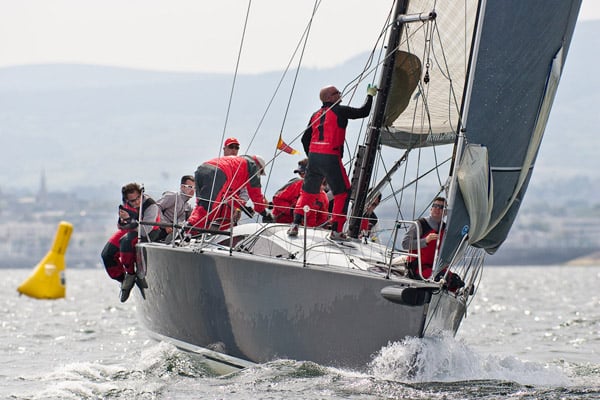
Anthony O'Leary (IRL)
David Lenz (GBR)
Peter O'Leary (IRL)
Ross Deasy (IRL)
Brian Lennon (IRL)
Stephen O'Sullivan (IRL)
Eoin Leahy (IRL)
Frederick Cudmore (IRL)
Simon Johnson (IRL)
Rory O'Sullivan (IRL)
Jimmy Houston (GBR)
Derek Moynan (IRL)
Tom Durcan (IRL)
Robert O'Leary (IRL)
Darragh O'Connor (IRL)
IRL39000 Marinerscove.ie David Dwyer (Mills 39)
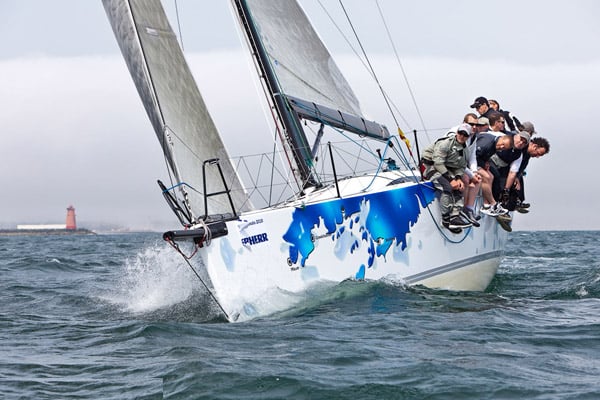
Andy Beadsworth (GBR)
David Bolton (IRL)
Padraig Byrne (IRL)
Alan Curran (IRL)
David Dwyer (IRL)
Bernard Fitzpatrick (IRL)
Brian Heneghan (IRL)
David Love (IRL)
Tom Murphy (IRL)
Nicholas O'Leary (IRL)
Clive O'Shea (IRL)
Sandy Rimmington (IRL)
Chris Schirmer (GBR)
Don Wilson (IRL)
IRL36000 Roxy 6 Robert Davies (Corby 36)
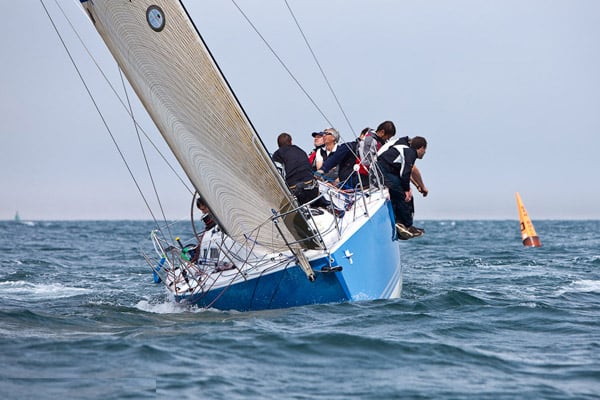
Rob Davies (GBR)
Andrew Creighton (IRL)
Marty O'Leary (IRL)
Jim Hughes (IRL)
Paul Farries (GBR)
Nelson Moore (IRL)
Tom Whitburn (GBR)
Michael Liddy (IRL)
Aidan O'Connell (IRL)
Maurice O'Connell (IRL)
Team Management:
Barry Rose, Fintan Cairns, Denis Kiely, Mike Broughton and Norbert Reilly
- RORC
- Anthony O'Leary
- Norbert Reilly
- ICRA
- Eoin Leahy
- Maurice O'Connell
- Commodores Cup
- Fintan Cairns
- Peter O'Leary
- antix
- Mike Broughton
- roxy 6
- Mariners Cove
- David Lenz
- Ross Deasy
- Brian Lennon
- Stephen O'Sullivan
- Frederick Cudmore
- Simon Johnson
- Rory O'Sullivan
- Jimmy Houston
- Derek Moynan
- Tom Durcan
- Robert O'Leary
- Darragh O'Connor
- Andy Beadsworth
- David Bolton
- Padraig Byrne
- Alan Curran
- David Dwyer
- Bernard Fitzpatrick
- Brian Heneghan
- David Love
- Tom Murphy
- Nicholas O'Leary
- Clive O'Shea
- Sandy Rimmington
- Chris Schirmer
- Don Wilson
- Rob Davies
- Andrew Creighton
- Marty O'Leary
- Jim Hughes
- Paul Farries
- Nelson Moore
- Tom Whitburn
- Michael Liddy
- Aidan O'Connell
- Barry Rose
- Denis Kiely


























